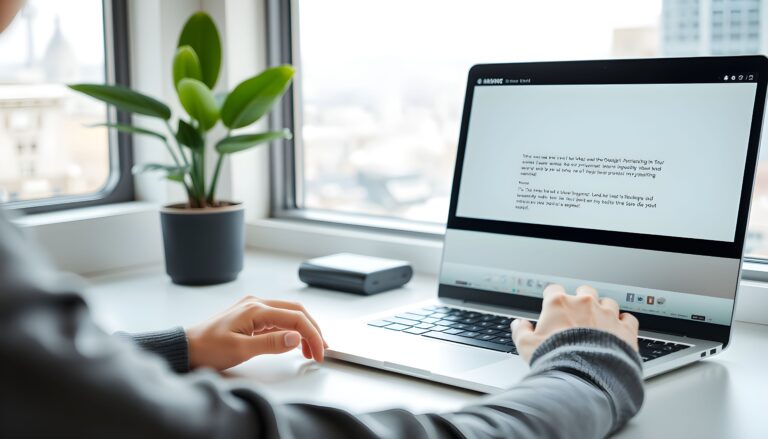Experts say that everyone has “productivity hacks” available, allowing them to accomplish more work in less time.
You can use a few productivity strategies, common sense, such as taking short breaks, making meaningful to-do lists, and avoiding social media.
This article has identified some effective productivity strategies you can use, but we must emphasize that these are not “hacks.”
Getting a productivity hack is not the answer; it’s just adopting new practices and being a healthier, more productive human being.
You’re taking the right steps toward being more creative by including some of these patterns.
Why is its important?
You don’t have to be a rocket scientist to become more effective at work, and you do need to manage your time more intentionally. The solution is straightforward but not always simple.
Replacing our old unhealthy habits with new habits that will make us progressive and control our workdays would be beneficial. Increasing your productivity can be hard, but these simple tips will help you become more effective.
1. Put the most-dreaded task behind you.
According to Matthews of Business News Daily, everyone has some item on their to-do list that keeps getting put off, so the thought of taking care of it makes them feel worse. That is the job you need to prioritize.
Rather than waiting for the last minute, make sure it gets done soonest, and all your other tasks will feel less stressful. In contrast, you won’t get stressed out about one task all day, so you’ll be more efficient overall.
2. Set deadlines for yourself.
We normally associate tension with negativity. However, a manageable amount of self-induced stress can be beneficial since it may assist us in gaining focus and meeting our objectives.
If open-ended assignments or programs don’t have a due date, you might be surprised by the concentration and creativity you’ll exhibit when you’re not constantly looking at the clock.
3. Breaks are important.
Even though it might seem counterproductive, taking regular breaks will help you stay focused.
Some studies suggest that taking brief breaks during a long task keeps you on track with your goals, while concentrating on a job without breaks leads to a decrease in inefficiency.
4. Avoid multitasking.
Multitasking is often viewed as a valuable skill meant to boost productivity, but psychologists have found that the opposite is true. Attempting to work on more than one thing at once may lead to wasted time and efficiency.
Make it a pattern to stick to one task before moving on to the next. Getting a bunch of stuff done at once seems like the best way to accomplish everything, but in the end, you may hurt your effectiveness more than help.
Kobel says that multitasking does not work, and when it does, you waste time.
5. Get some nice things to look at.
Research indicates that furnishing an office with pleasing to the eyes features – like plants – can improve productivity by 15%. Decorate your office with photos, candles, roses, or anything else that makes you happy.
Summary
You might feel some need to optimize your work productivity, but if you do, resist the inclination to work longer hours or to scramble to fit more into your already overworked schedule. Instead, take a breath and think of ways to work smarter, not harder.
To get your work done faster, stay focused and committed to your current task. Meditating every day can help to increase your concentration, as it allows you to focus on a single activity – breathing, for instance – and carries that concentration throughout the remainder of the day.












